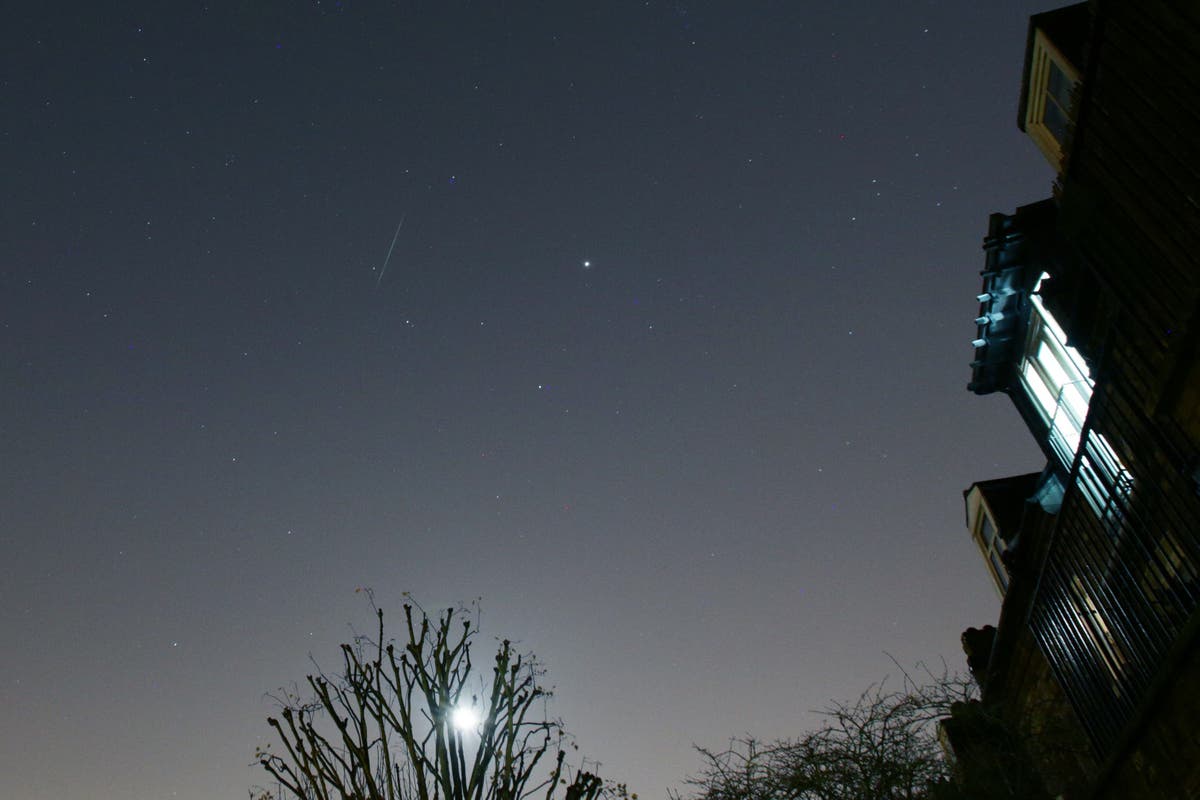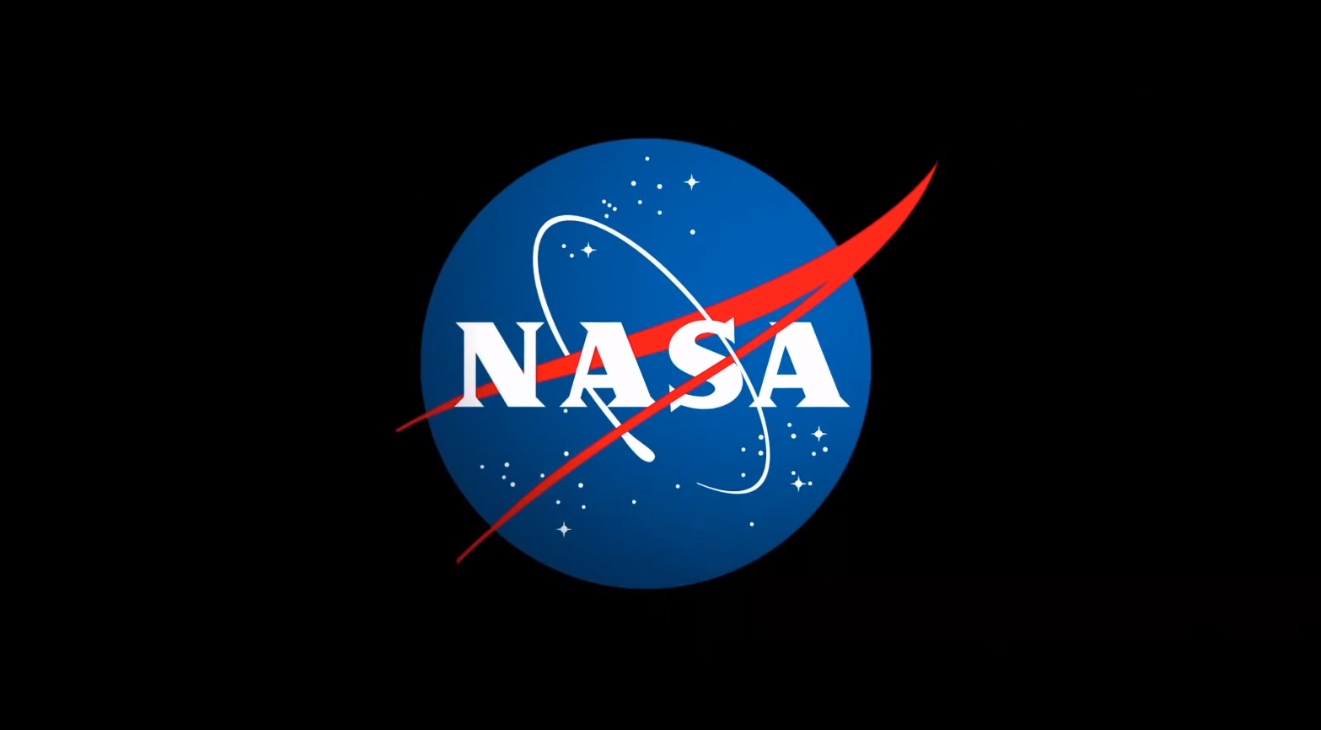An analysis by the BBC reveals that Facebook significantly restricted the ability of Palestinian news outlets to engage audiences after October 7, 2023.
The research, based on Facebook engagement data, shows a 77% decline in audience interaction for 20 major Palestinian news pages, including Palestine TV and the Wafa news agency.
In contrast, pages of Israeli outlets, such as Yediot Ahronot and Channel 13, saw their audience engagement grow by 37% during the same period.
"Interaction was completely restricted, and our posts stopped reaching people," said Tariq Ziad, a journalist at Palestine TV, which has 5.8 million followers.
Palestinian journalists have long expressed concerns that their content is being "shadow-banned"—a practice that limits visibility without notification.
To test this claim, the BBC analyzed engagement data for 30 prominent Arabic-language news outlets, such as Sky News Arabia and Al-Jazeera.
These outlets saw engagement rates double, averaging a 100% increase, suggesting the decline was specific to Palestinian accounts.
Meta, Facebook's parent company, denied deliberate suppression of voices, calling such claims "unequivocally false".
The company stated that it had implemented "temporary product and policy measures" in October 2023 to balance free speech and prevent content linked to Hamas.
"We acknowledge we make mistakes, but any implication that we deliberately suppress a particular voice is unequivocally false," a Meta spokesperson said.
Leaked documents from Instagram, another Meta-owned platform, further shed light on algorithm changes following the October 7, 2023, Hamas attack on Israel.
A former Meta employee revealed that the algorithm was altered to "toughen moderation" of Palestinian user comments.
"Within a week of the Hamas attack, the code was changed essentially making it more aggressive towards Palestinian people," the source told the BBC.
Internal messages showed an engineer raised concerns about potential bias against Palestinians.
Meta confirmed the change but defended it as necessary to counter a surge in "hateful content".
The company said these policy changes have since been reversed but did not specify when.
Meanwhile, journalists in Gaza continue to face extreme risks, with reports of 137 Palestinian journalists killed since the Israeli war began.
Omar el Qataa, one of the few photojournalists remaining in northern Gaza, highlighted ongoing challenges.
"A lot of information can't be published as it is too graphic - for example if the (Israeli) army commits a massacre and we film it, the video won't spread," he said.
Despite content bans and safety risks, el Qataa stressed, "We must continue sharing Palestinian content."

 By Tasnim News (World News) | Created at 2024-12-18 09:16:34 | Updated at 2024-12-18 12:06:15
2 hours ago
By Tasnim News (World News) | Created at 2024-12-18 09:16:34 | Updated at 2024-12-18 12:06:15
2 hours ago








